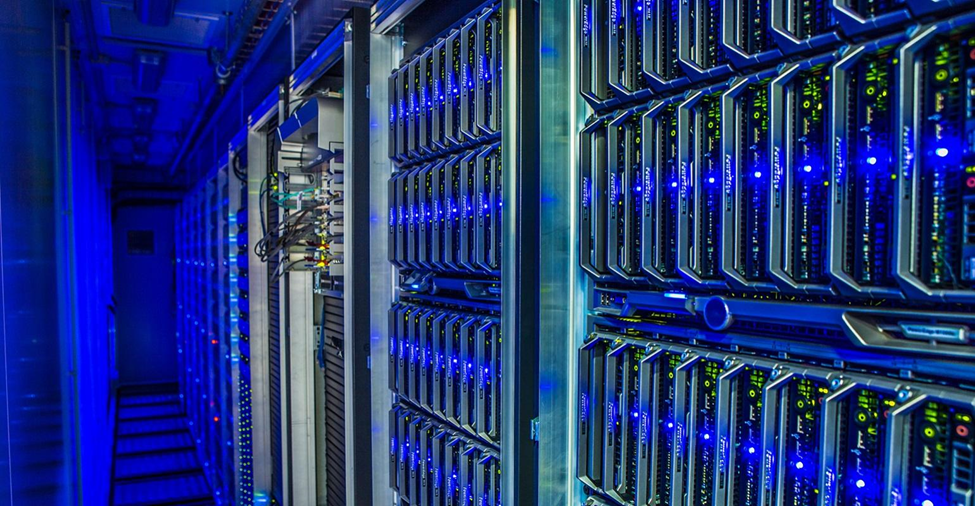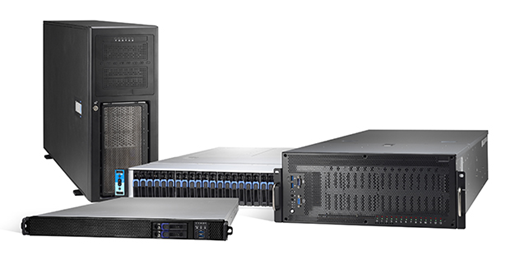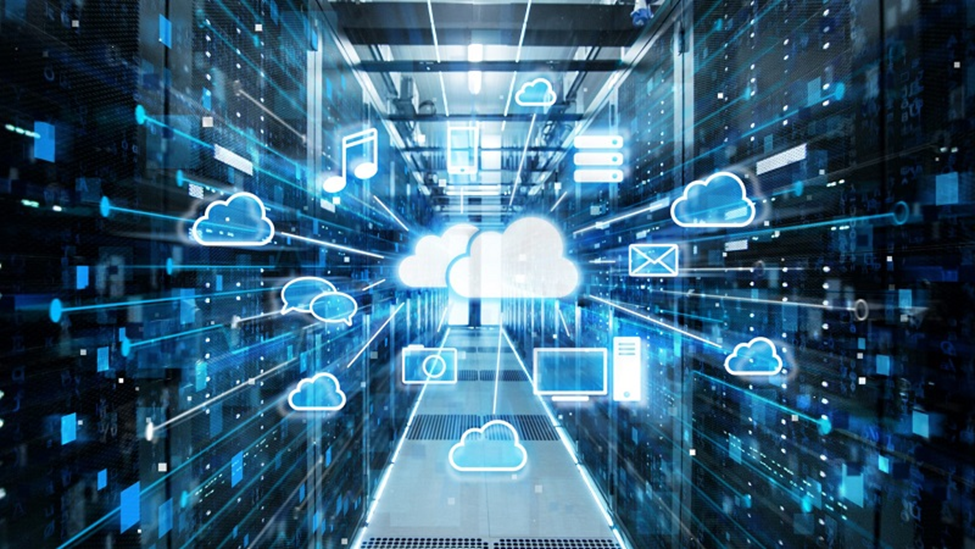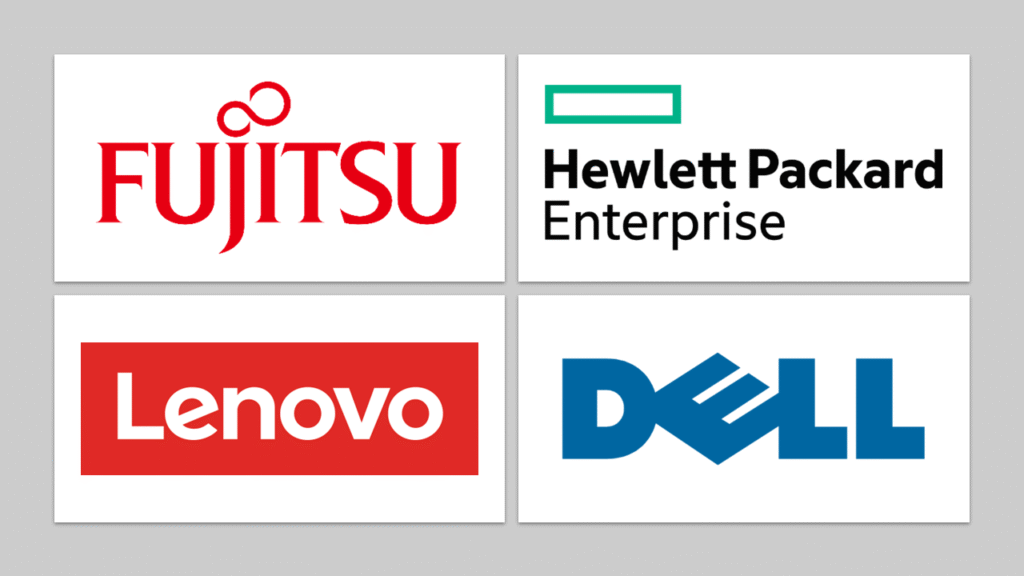Introduction to Servers
A server is a computer connected to a computer network or the Internet, with a static IP address and high processing power. Software is installed on it to serve other computers, allowing them to request services and resources.

Simply meaning, a server is a computer designed with advanced features, greater storage capacity, and data processing capabilities than a regular computer. It is used for storing and processing data in a computer network or on the Internet. The server is the foundation of all services on the Internet, as any service such as a website, application, or game needs to operate through a server.
The server is an essential component in an information technology system and can be considered as the central brain of the entire system. It is divided into different lines depending on the usage requirements. Currently, LPC is a partner of many companies such as Cisco UCS, IBM, HPE, Dell, Fujitsu & Lenovo.
Types of servers
According to the method of building a server system, servers are divided into 3 types:
- Dedicated Server: A server that runs on dedicated hardware and separate supporting devices including CPU, RAM, HDD/SSD, and network card.
- Virtual Private Server (VPS): A type of server created using virtualization technology to partition a dedicated physical server into multiple virtual servers. Virtual servers have similar functionalities to the physical server and share resources from the server.
- Cloud Server: A server formed by combining multiple different physical servers along with a SAN storage system.

By function, servers are divided into the following types:
- Database servers.
- File servers, which are servers for storing files such as Dropbox, Google Drive, Microsoft One Drive.
- Mail servers, such as Exchange, Gmail, Yahoo mail.
- Application servers such as SAP, Dynamic AX, CRM.

Server Roles
The server has various roles depending on its usage and configuration. However, the main role of a server is to provide, store, and process data before transferring it to workstations for users or an organization via a LAN or the Internet.
The server hosts information, manages, and operates enterprise software. Businesses only need to optimize the hardware for the server system without having to invest heavily in workstations.
The benefits of using servers
- High Availability: Servers are designed to operate continuously and reliably. They can be configured to automatically restart after hardware or software failures.
- Resource sharing: Servers can be configured to store and share resources such as data, applications, and devices among multiple users and devices.
- Improved performance: Servers can be configured to perform computations and process data for multiple users and devices. This helps increase performance and reduce response time.
- Security: Servers can be configured to protect data and applications against security threats using security technologies such as firewalls, encryption, and access control.
Vendors supply the servers



 Vi
Vi